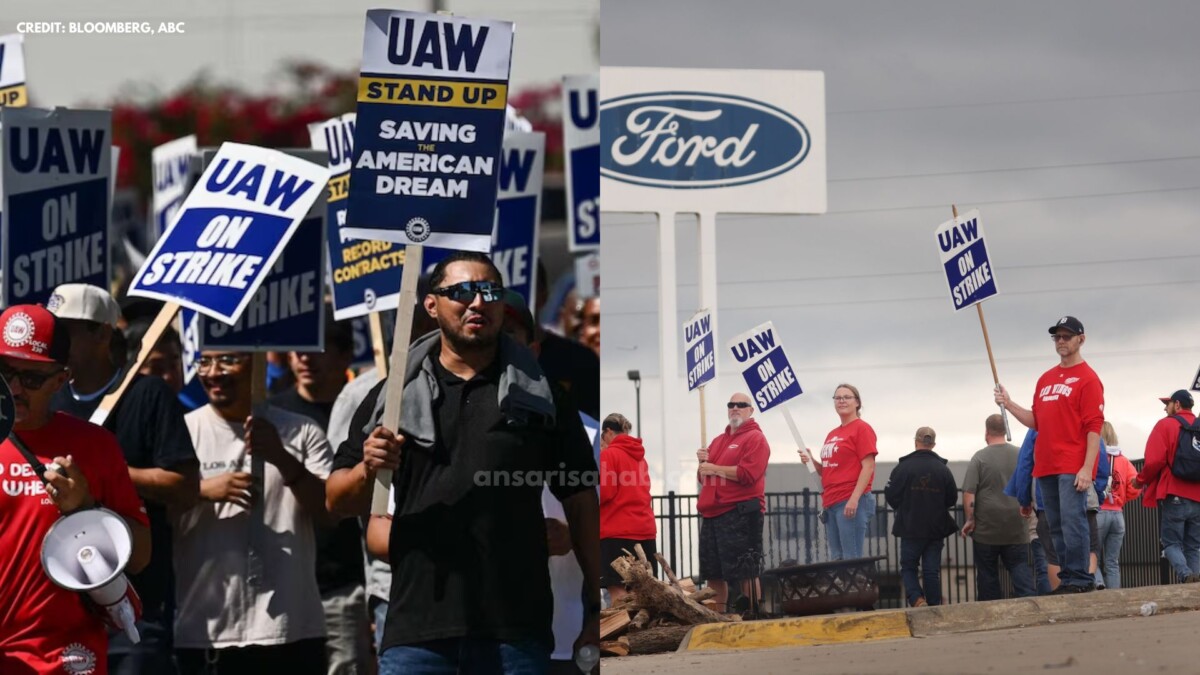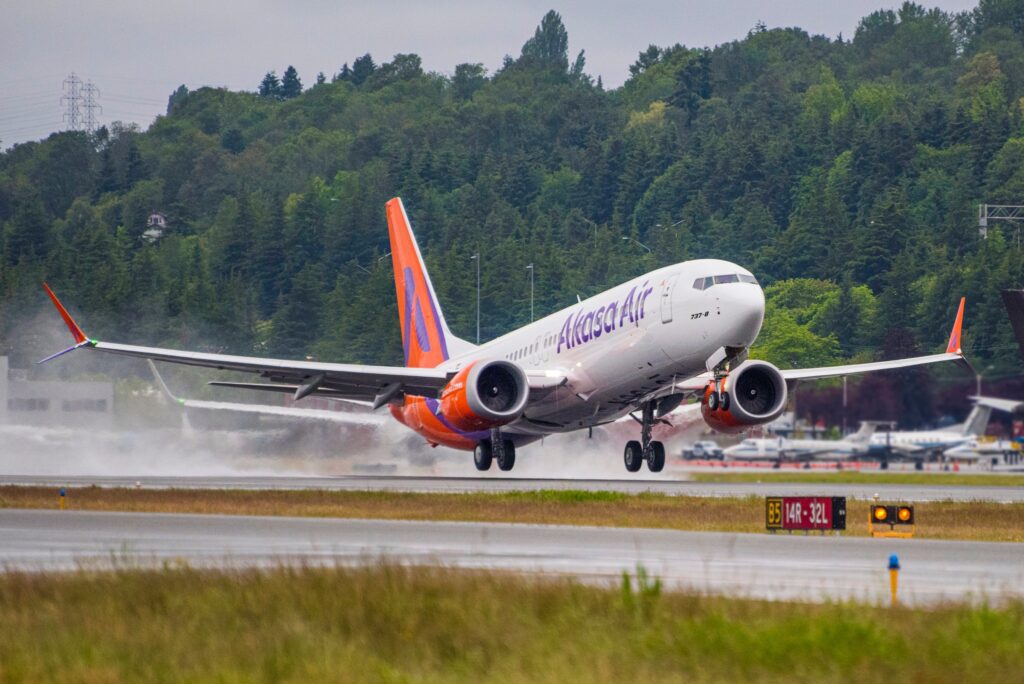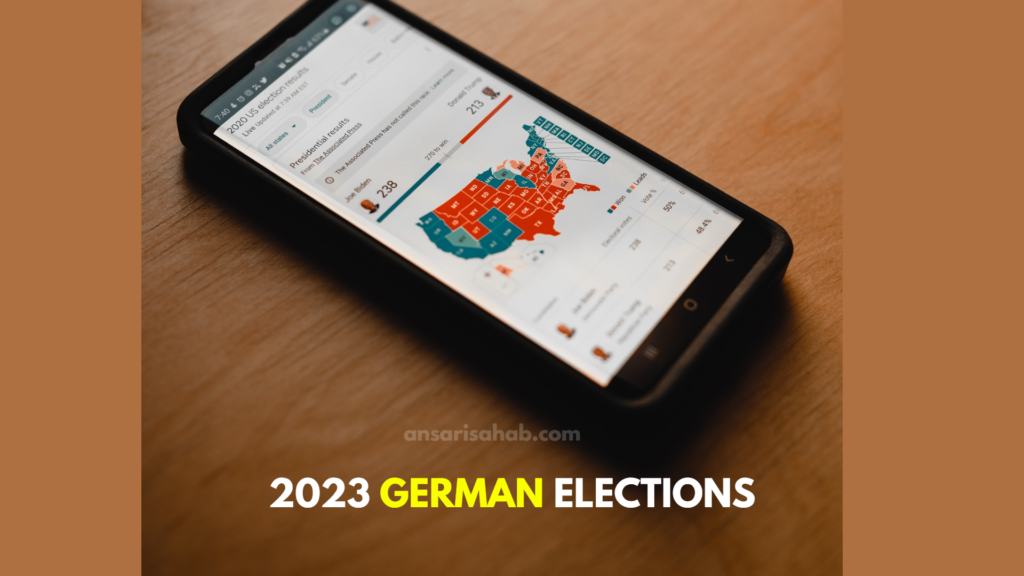In a recent turn of events, Ford production workers at the Louisville assembly and Kentucky truck plants voted against a new labor deal proposed by the United Auto Workers (UAW). This development, occurring on November 13, 2023, has significant implications for both the workers and the broader auto industry. In this blog, we will delve into the reasons behind the rejection, the potential consequences, and what lies ahead for Ford, its employees, and the U.S. auto sector.
Understanding the Rejected Labor Deal
The proposed labor deal, negotiated between the UAW and Ford, aimed to address various concerns raised by workers. Key components of the deal included a 4.5% wage increase over four years, a $9,000 signing bonus, enhanced profit-sharing, and other benefits. Despite these offerings, 55% of production workers voted against the agreement, reflecting a dissatisfaction that needs to be carefully examined.
1. Wages: The Heart of the Dispute
A primary reason cited by workers for rejecting the deal was the perceived inadequacy of the proposed wage increase. As the cost of living continues to rise, many employees felt that the contract did not go far enough in addressing their financial concerns.
2. Benefits: Balancing the Scale
In addition to wages, concerns about benefits played a significant role in the rejection. Workers expressed dissatisfaction with the proposed changes to healthcare and retirement benefits, feeling that the deal did not provide sufficient improvements in these crucial areas.
3. Job Security: Navigating the Future
Amid the increasing integration of new technologies in the auto industry, workers voiced concerns about the potential impact on their job security. They sought guarantees in the contract that their positions would be safeguarded against the evolving landscape of automation and technological advancements.
Consequences of the Rejected Deal
The vote against the labor deal has far-reaching consequences for both Ford and its workforce, as well as the wider auto industry.
1. Potential for Strikes: A Looming Threat
With the rejection of the labor deal, the UAW faces the prospect of resorting to strikes to press for better terms on behalf of its members. Strikes can be a powerful tool but come at a cost, disrupting production, affecting company revenues, and impacting workers’ income.
Read Also: Resolving the UAW Ford Labor Contract Dispute: Strike Impact, Analysis, and Tentative Agreement
2. Impact on Ford: Balancing Act
Ford, already facing challenges from global competitors, now confronts potential production disruptions and higher labor costs. The rejection of the deal could impact the company’s competitiveness and market position, making it crucial for Ford to find a resolution that satisfies both its workforce and business objectives.
3. Industry-Wide Ramifications: A Ripple Effect
The rejection of the deal at Ford reverberates throughout the auto industry. Other automakers are likely watching closely, gauging the response of workers and unions. The outcome could set a precedent for future negotiations and influence labor relations across the sector.
What’s Next for Ford and the UAW?
The road ahead involves a return to the negotiation table for Ford and the UAW. Both parties must navigate a delicate balance, addressing the concerns of workers while ensuring the company’s competitiveness and viability.
1. Renegotiation Dynamics: Finding Common Ground
The UAW and Ford will need to engage in renewed negotiations to bridge the gaps and address the concerns that led to the rejection of the initial deal. Finding common ground on wages, benefits, job security, and other key issues will be crucial for reaching a new agreement.
2. Potential for Strikes: A Last Resort?
While strikes are a possible outcome if negotiations stall, both Ford and the UAW have expressed a commitment to reaching a fair and equitable agreement. Strikes, if they occur, could lead to significant disruptions, affecting not only Ford but also the broader auto industry.
3. Broader Implications: Setting a Precedent
The resolution of the Ford-UAW dispute will likely set a precedent for future labor negotiations in the auto industry. The outcome could influence the strategies adopted by other automakers and unions, shaping the landscape of labor relations in the sector.
Conclusion
The rejection of the labor deal by Ford production workers in Kentucky signals a critical juncture for both the company and the UAW. As negotiations resume, finding common ground becomes imperative for fostering a positive relationship between labor and management. The repercussions extend beyond Ford’s assembly lines, impacting the broader auto industry. Whether a new agreement is reached amicably or through more contentious means, the outcome will undoubtedly shape the future of labor relations in the U.S. auto sector.
Additional Information
Here are some additional details about the rejected labor deal and its aftermath:
- The vote was held on November 13, 2023.
- The rejection rate was 55%, with production workers voting against the deal.
- Skilled trades workers voted in favor of the deal by a margin of 69%.
- The UAW and Ford are expected to resume negotiations in the coming days.









